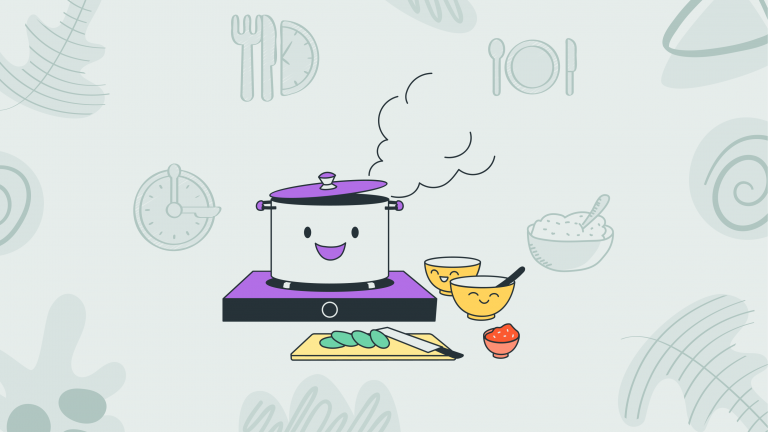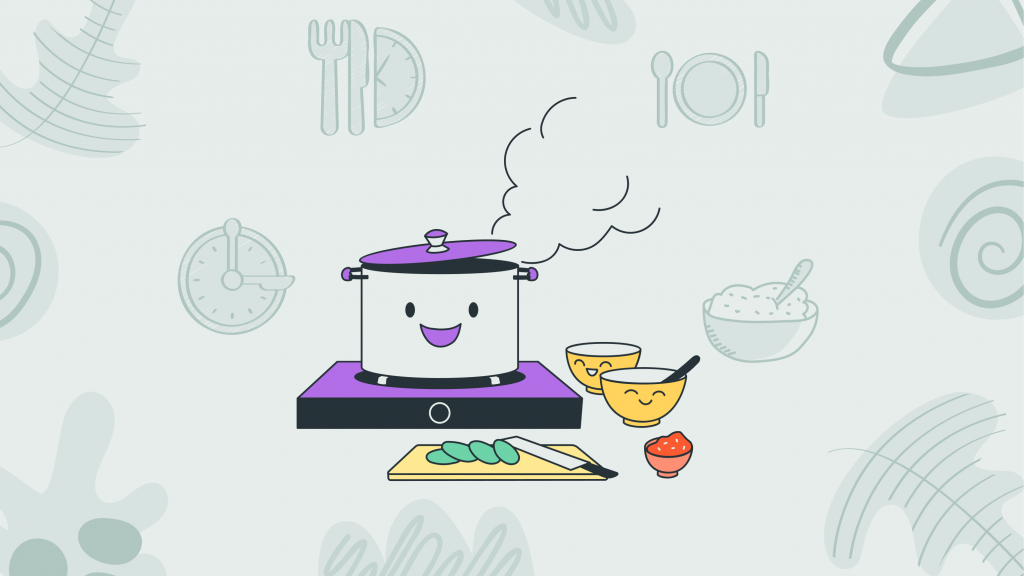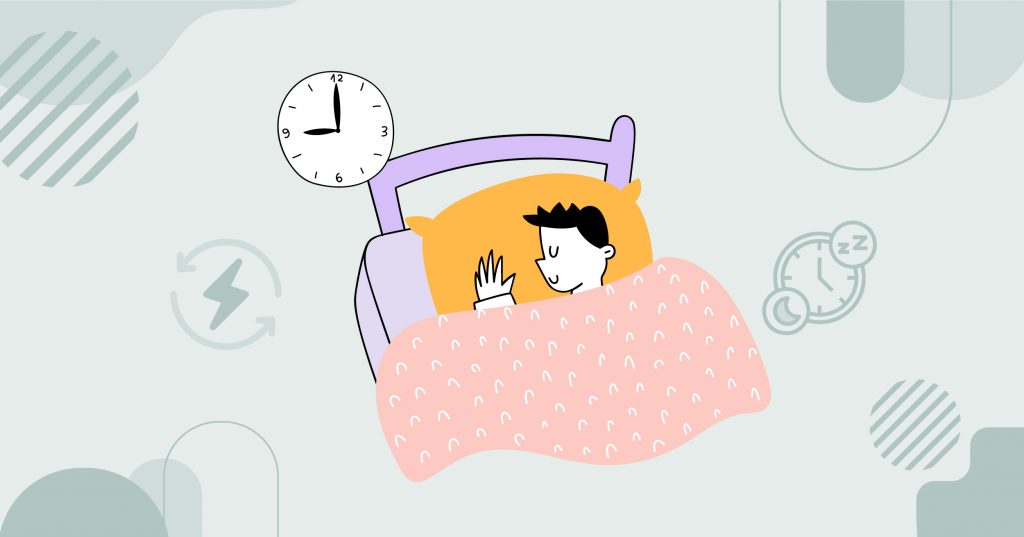The Daily Diet Dilemma
Navigating the hustle and bustle of daily life often turns meal prep into a real kitchen caper, doesn’t it? With the clock ticking away, whipping up nutritious meals regularly seems like running an endless gastronomic gauntlet.
Juggling the demands of work, family, and everything in between can shrink your cooking time down to zilch, tempting you to reach for those quick-fix eats that are easy but, let’s face it, not always the healthiest.
It’s a familiar tune for many, this balancing act of trying to fuel our bodies right while racing against time. This scenario paints a picture of the collective conundrum we face: crafting a diet that’s as wholesome as it is workable, even when our schedules are packed to the brim.
It’s like we’re all in this together, trying to find that sweet spot of nourishing food that fits into our whirlwind of a life.
The Science of Sustenance
From a neurochemical perspective, decision fatigue and stress can impair our ability to make healthy food choices. When we’re overwhelmed or exhausted, the brain’s prefrontal cortex, responsible for decision-making and self-control, can become overloaded, making it easier to opt for quick, often unhealthy food solutions.
Moreover, the lack of prepared, accessible healthy options can trigger the brain’s reward system, enticing us towards high-calorie, high-sugar foods that offer immediate, albeit temporary, pleasure and energy boosts.
Delving deeper into the brain’s pantry, there’s a whole neurochemical kitchen at work influencing our dietary decisions. Dopamine, a key player in the brain’s reward system, gets a real kick out of those high-fat, high-sugar treats, often leading us down the path of least resistance to food satisfaction.
It’s like our brain has its own fast-food drive-thru lane, pushing us towards those easy, feel-good meals, especially when we’re running on empty, both mentally and physically.
But there’s more to the story. Chronic stress doesn’t just nudge us towards the cookie jar; it can also disrupt our overall eating patterns, affecting how, when, and even why we eat. This can lead to a vicious cycle where poor dietary choices further stress the body, leading to more intense cravings and even messing with our sleep and metabolism.
Essentially, without mindful preparation and strategic planning, we can easily fall into a dietary trap, where the short-term comfort of indulgent foods undermines our long-term health and well-being.
Subscribe to newsletter
Get your Gut Health Starter Guide right now.
Elevate your Tuesdays with practical, science-backed wisdom propelling you forward on your gut health journey.

Blueprint for Nutritional Success
- Advance Planning: Dedicate time each week to plan meals and snacks. This proactive approach reduces daily decision-making pressure and ensures a variety of nutrient-rich foods throughout the week.
- Batch Cooking: Prepare and cook meals in large quantities to save time and effort. Freezing portions for later use can provide convenient and healthy options on hectic days.
- Smart Grocery Shopping: Create a shopping list based on your meal plan to streamline shopping, reduce waste, and resist impulse buys.
- Tool and Technique Tact: Invest in kitchen tools that streamline food preparation, like slow cookers or food processors, and embrace cooking techniques that save time, such as one-pan dishes or no-cook meals.
A Recipe for Change
Tom, a busy software developer, found himself in a dietary rut of takeout and microwave meals, leading to weight gain and decreased energy. “Meal prep seemed daunting at first,” Tom admits, “but realizing the impact of my eating habits on my health and mood pushed me to try.” Starting with simple recipes and gradually incorporating more variety, Tom established a Sunday routine of planning and preparing his meals for the week.
The shift was gradual but significant. “Not only did I start eating healthier, but the stress of ‘What’s for dinner?’ disappeared, and I had more time in the evenings to relax or exercise,” Tom reflects. This new habit also sparked a passion for cooking, turning what was once a chore into an enjoyable and creative outlet.


















